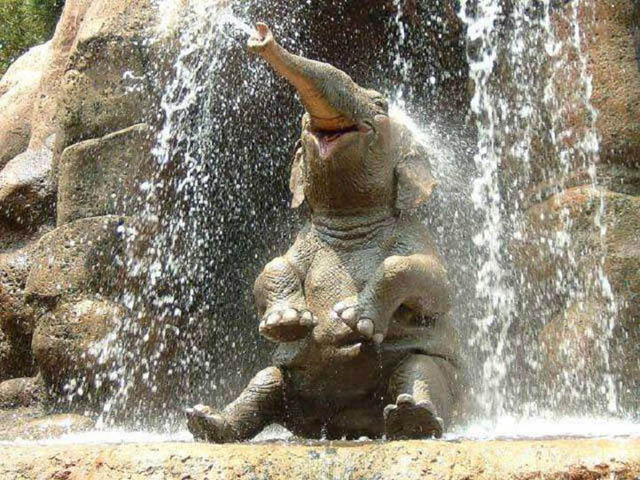The effect of the abandonment
Ellie’s wounds weren’t just on the surface though. He suffered as much of a psychological shock from his illness and being rejected from his herd, as his physical injuries. We as humans are social beings, and being rejected by our own society is unbearable for us. So for an elephant that travels in a herd, it must be extremely difficult.
The importance of acceptance

Wildlife trusts explain to the Daily Mail, “To be rejected at birth causes an elephant extreme psychological distress. Elephants find it extremely important to be part of a family group and require intimacy, company, and comfort to be stable.”
Manifestation of the trauma

They go on to explain that these types of traumatic experiences can even have physical signs in rejected elephant calves. It can manifest itself in a physical form, one such example being diarrhea, which can be deadly to a fragile newborn calf.
The sad state of Ellie

Karen Trendler elaborates, adding, “The calf elephant was here. He was particularly weak, particularly ill; he wasn’t so much interested in doing anything. He was very lethargic, very disinterested.” This comes as no surprise because of all the emotional and physical stress he had to go through.
Introduction of Duma

However that all changed when the staff at FTTRO introduced Ellie to an unlikely pal— a retired service dog named Duma! They were equally intrigued and fascinated by their differences yet always remembered to remain cordial. They soon became friendly with one another.
The unexpected interaction

Karen Trendler says, “We introduced Duma and the elephant at the sand pile and it immediately cleared the elephant up, and the two of them then became the interaction.” It was an incredible sight to see as the bond was so unexpected on both sides.
